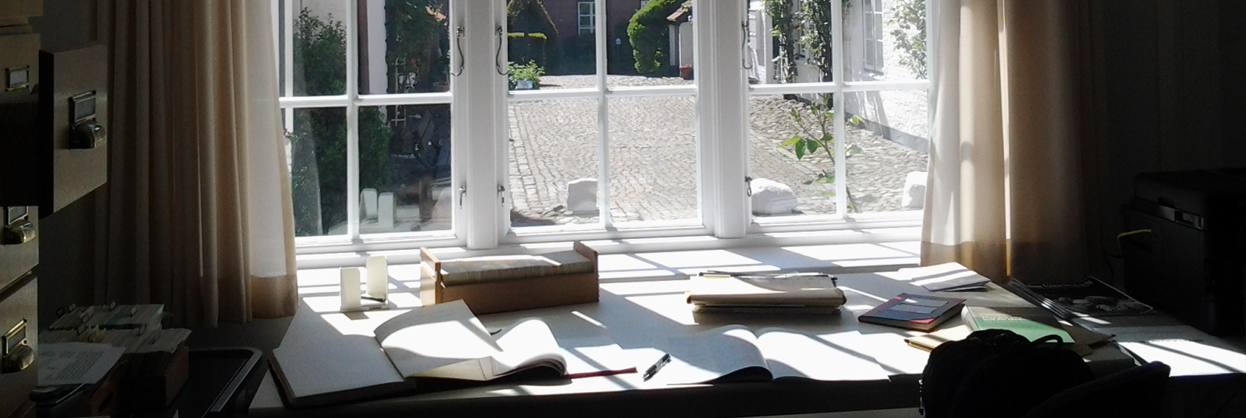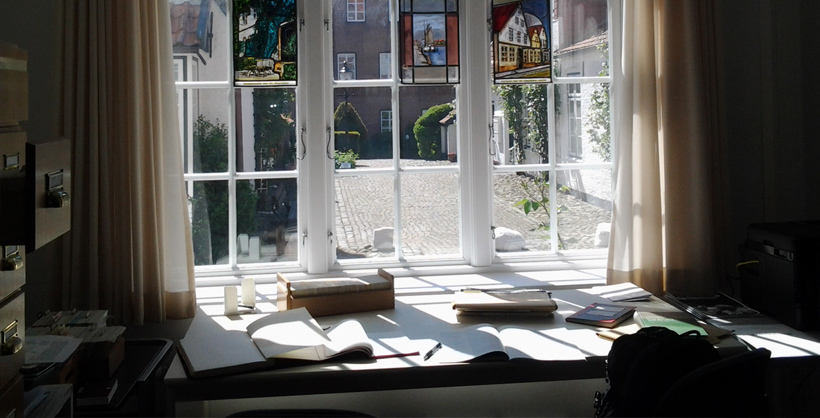Site-Reading conceives writing, reading and listening as aesthetic research practices, caring for their inter-subjective potential, whilst asking how shared spaces are constructed in/by/with text. The aim is to open up a multitude of intertwining writerly perspectives by doing observational writing based on bodily perception. The performativity of this practice moves away from the cerebral and redefines the solitary act of writing, introducing collective live-writing in public space as a literary genre.


Society for Artistic Research Special Interest Group (SAR SIG)
Towards curiosity and openness, exploration beyond definition: How is language-based artistic research? Beyond words alone, how is artistic research undertaken in and through different language-based practices? The focus on language within artistic research is considered from a broad and transforming perspective to include diverse fields such as visual arts, performance, film, theatre, music, choreography as well as literature. The intent is not to define or fix what language-based artistic research is but rather to reflect how it is practised in its diversity.
Exposition – Reading on Reading: Ecologies of Reading
In their collaborative exposition “Reading on Reading: Ecologies of Reading“, Emma Cocker, Cordula Daus and Lena Séraphin focus on the multi-faceted issue of reading as aesthetic practice. They approach reading as a reflexive and processual activity, a becoming. Through a rich presentation of various reading practices and experiments conducted in the frame of RP#3, the exposition invites the reader to reflect on different dimensions of the event of reading.
Sharing Text
Sharing Text is a postdoctoral artistic research project at Åbo Akademi University by Lena Séraphin. Sharing Text is an inquiry into how text can be published site purposely and written collectively in public space.
Ceremonial Conferment of Degrees 13.6.2019
The video, duration 10:51, is a subtitled recording of the ceremonial Q & A when Primus Doctor Lena Séraphin gives a response to the question by Head of Department, professor Kevin Tavin: “In your dissertation, what is the subject of yourself that is at once familiar and not familiar to yourself, and how does that subject produce knowledge through what one might call parafiction?”
The Don Quixote Complex and Investigations into Fictionality
The doctoral dissertation The Don Quixote Complex and Investigations into Fictionality is based on the notion of mutable identity: The impulse that if I were another, the work I create would also be other. During my research I have experimented with conveying a fictional character as my colleague and introduced that we together have created the art productions that are part of this dissertation.
The Gravity of the Eye
Just about four years ago I visited the Finnish Defense Forces’ image archive in Helsinki, wanting to contemplate and reflect on archive material from the Second World War. In particular, I was interested in military ceremonies and their potential as images. The objective of my visit to the archive was to explore the distance that military parades instigate between civilians, soldiers and officers. As an observational method, I chose to leaf through a large number of photographs, letting the sequence of military expression flicker past.